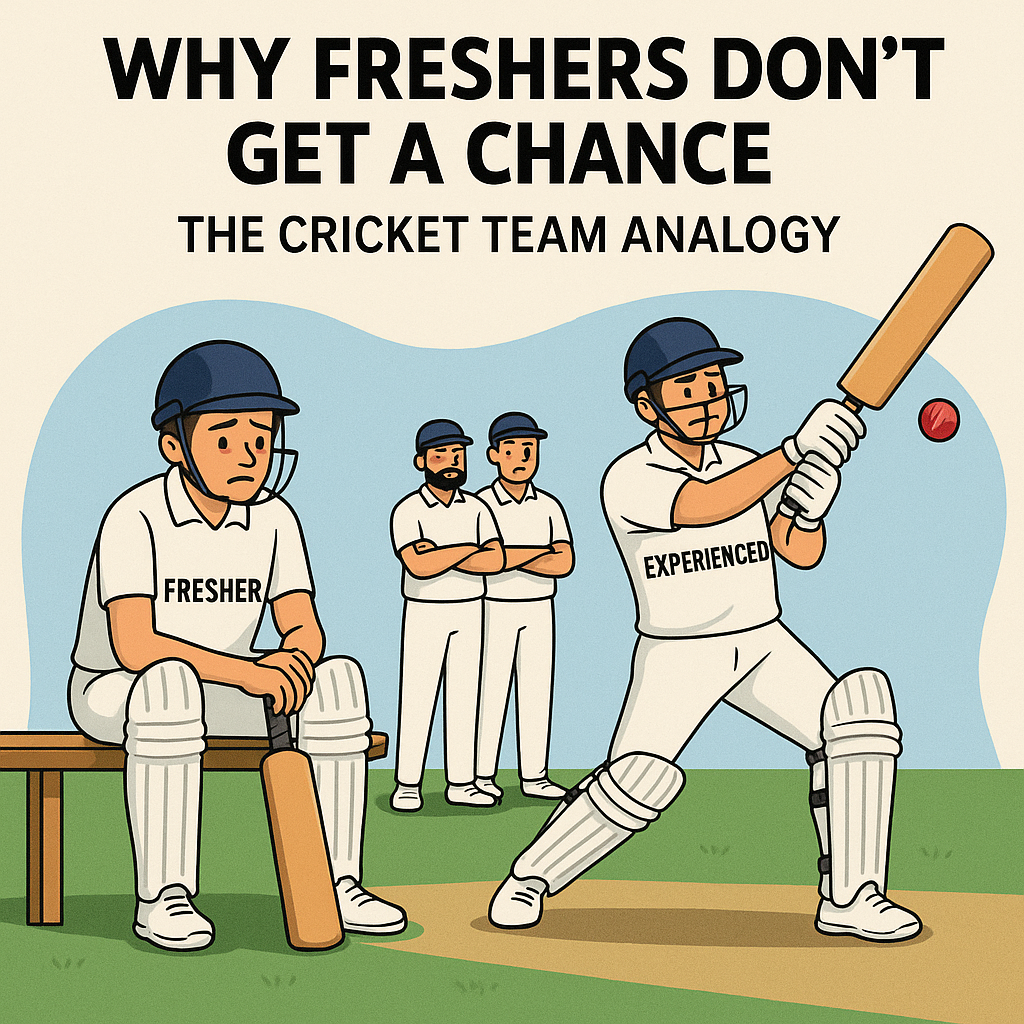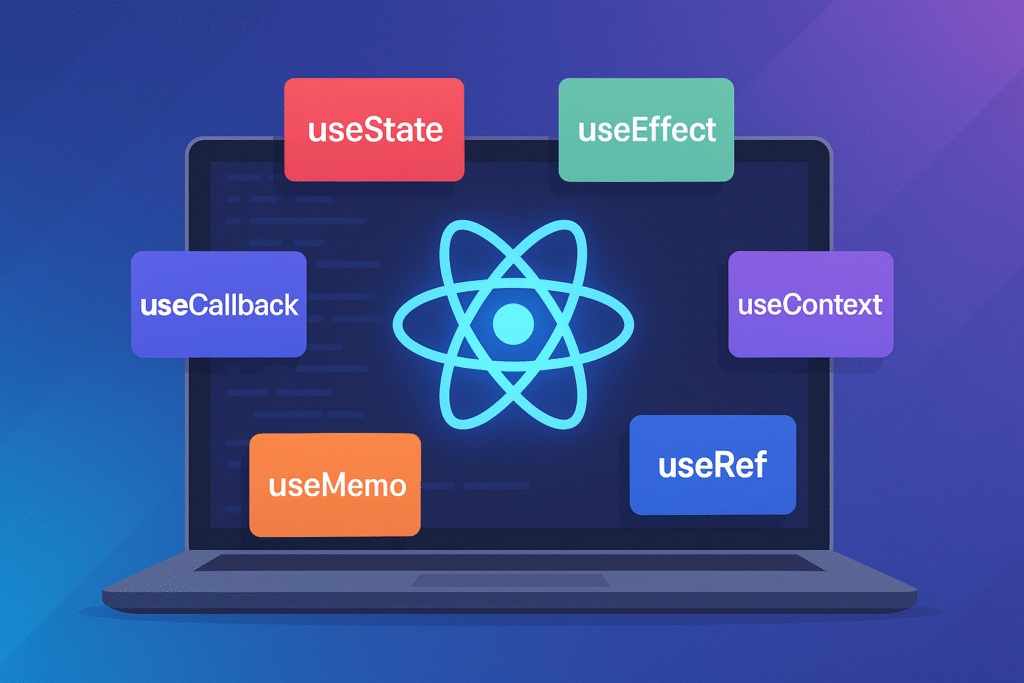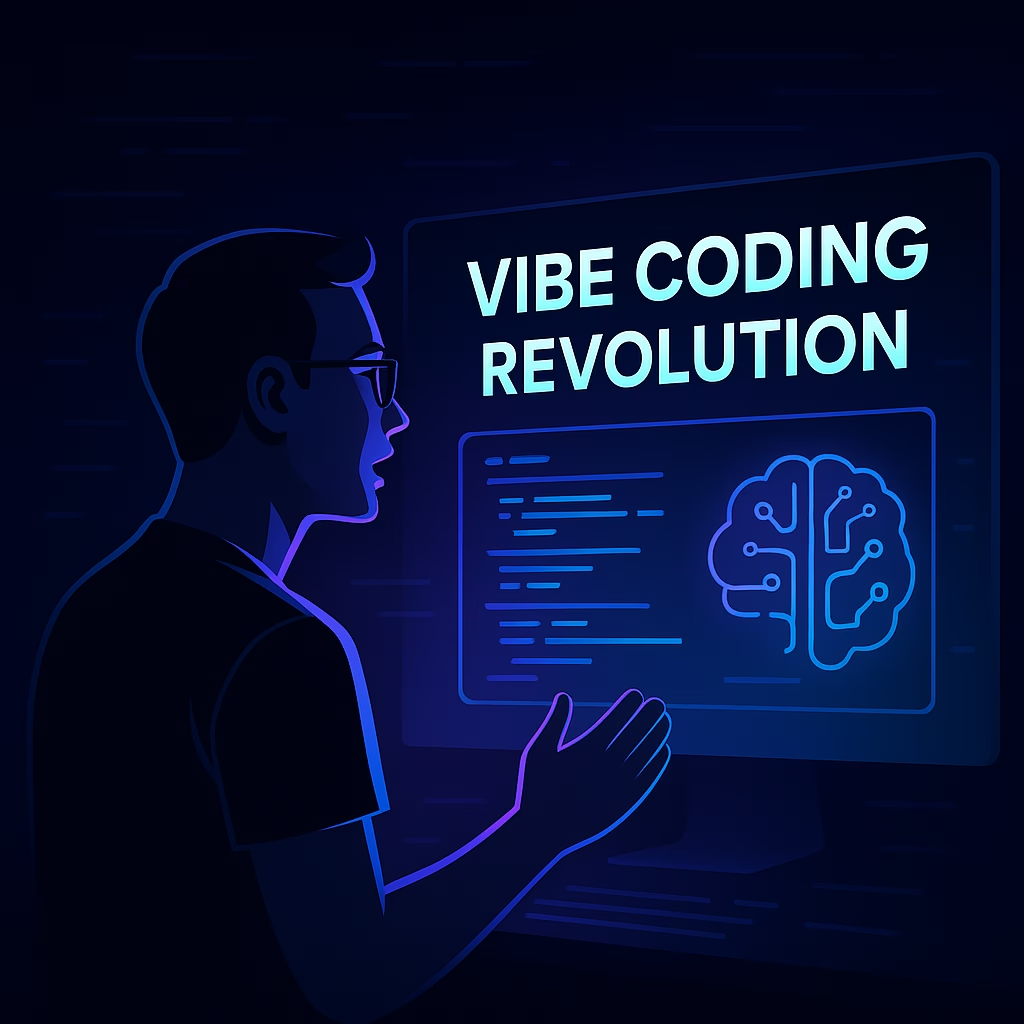The Three Stages of a Software Developer’s Evolution
From code complexity to elegant simplicity: the journey every developer takes
Every software developer goes through a fascinating evolution in their career. What makes this journey particularly interesting is how our approach to code changes as we gain experience.
The transformation isn’t just about accumulating knowledge or technical skills. It’s about developing wisdom about what truly matters in software development.
Let’s explore the three distinct stages that nearly every developer experiences on their path to mastery. ⚡
The Junior Developer
As juniors, we write simple code, not by choice but by necessity:
Characteristics:
- •Writing simple, straightforward code
- •Limited understanding of design patterns
- •Focus on making things work rather than making them elegant
- •Learning the fundamentals through practice and repetition
This stage is characterized by uncertainty and learning. The junior developer doesn’t yet know how to write complex code, so they stick to simple solutions. Their code is often easy to understand because it lacks layers of abstraction, but it might not follow best practices or patterns.
“You write simple code because you don’t know how to write fancy, complicated code.”
The Mid-Level Developer
The mid-level stage brings confidence, sometimes a bit too much:
Characteristics:
- •Embracing complexity as a badge of honor
- •Overusing design patterns and abstractions
- •Creating elaborate architectures for relatively simple problems
- •Taking pride in writing code that others find impressive
The mid-level developer has discovered the power of patterns, abstractions, and frameworks. They’re excited about their growing abilities and often express this by creating overly complex solutions. Their code showcases their technical prowess but may sacrifice readability and maintainability in the process.
“You’re in love with your abilities so you write fancy, complicated code.”
The Senior Developer
With seniority comes wisdom and an appreciation for simplicity:
Characteristics:
- •Returning to simplicity, but with deep understanding
- •Choosing the right tool for the job, not the most impressive one
- •Prioritizing maintainability and readability over cleverness
- •Writing code that future developers (including their future self) will thank them for
The senior developer has seen enough complex systems fail to understand that simplicity is the ultimate sophistication. They know when to apply patterns and when to avoid them. Their code might look similar to a junior’s in its straightforwardness, but it’s backed by deep knowledge and intentional choices.
“You know better now so you write simple code again.”
The Wisdom of Simplicity
There’s a profound quote often attributed to Albert Einstein: “Everything should be made as simple as possible, but no simpler.” This perfectly captures the senior developer’s mindset.
The journey from junior to senior isn’t about accumulating more ways to write complex code; it’s about developing the judgment to know when simplicity serves better than complexity.
Worth remembering: The best code is not the one that shows how clever you are. The best code is the one that solves the problem efficiently while being easy for others to understand and maintain.
The Circle of Code
It’s fascinating how our journey as developers often brings us full circle:
JUNIOR
// Simple, straightforward code
function greeting(name) {
return “Hello, ” + name + “!”;
}
MID-LEVEL
// Over-engineered solution
const createGreetingFactory = () => {
return {
generatePersonalizedGreeting: (config) => {
return `Hello, ${config.nameProvider()}!`;
}
}
}
SENIOR
// Simple again, but with purpose
function greeting(name) {
return `Hello, ${name}!`;
}
Final Thoughts
If you find yourself in the mid-level phase, embracing complexity and feeling proud of your intricate solutions, that’s perfectly normal. It’s a necessary part of the journey.
But keep in mind that the destination is simplicity. As you grow, you’ll likely find yourself gravitating back toward simpler approaches, but with the deep understanding that only experience can provide.
Where do you currently find yourself in this evolution? And for the seniors out there, what was your moment of realization that simple is often better? 💬


